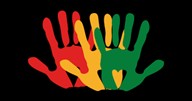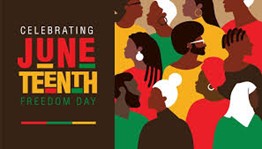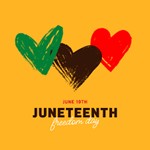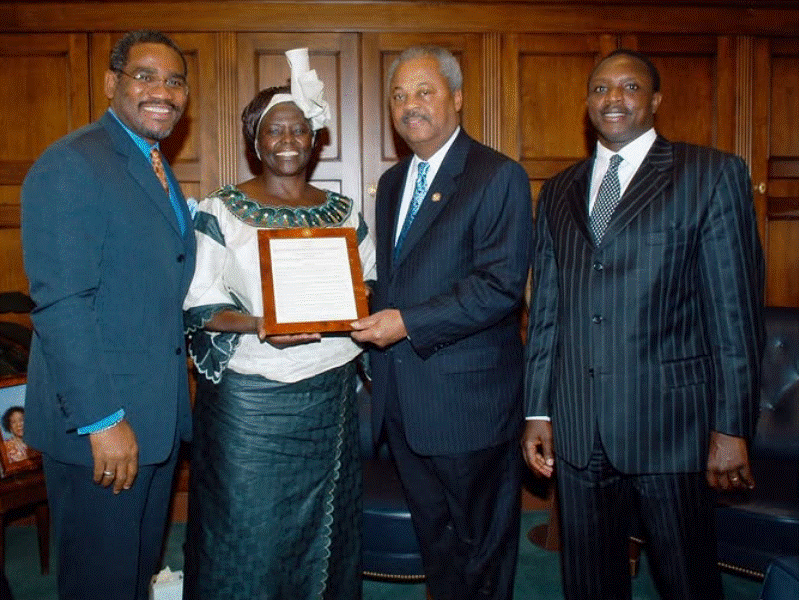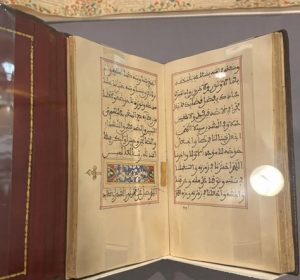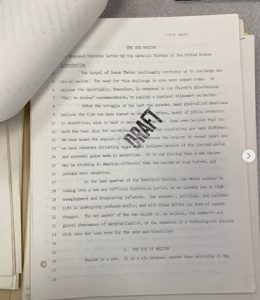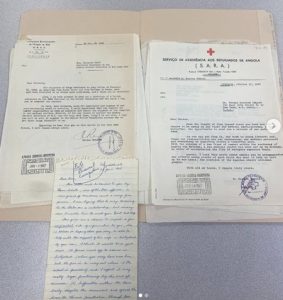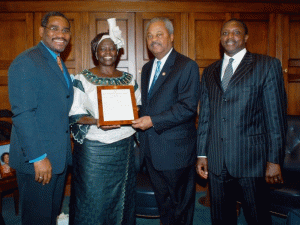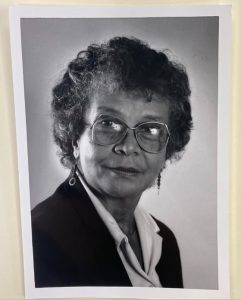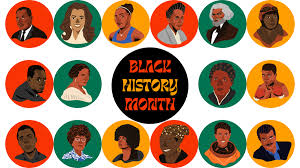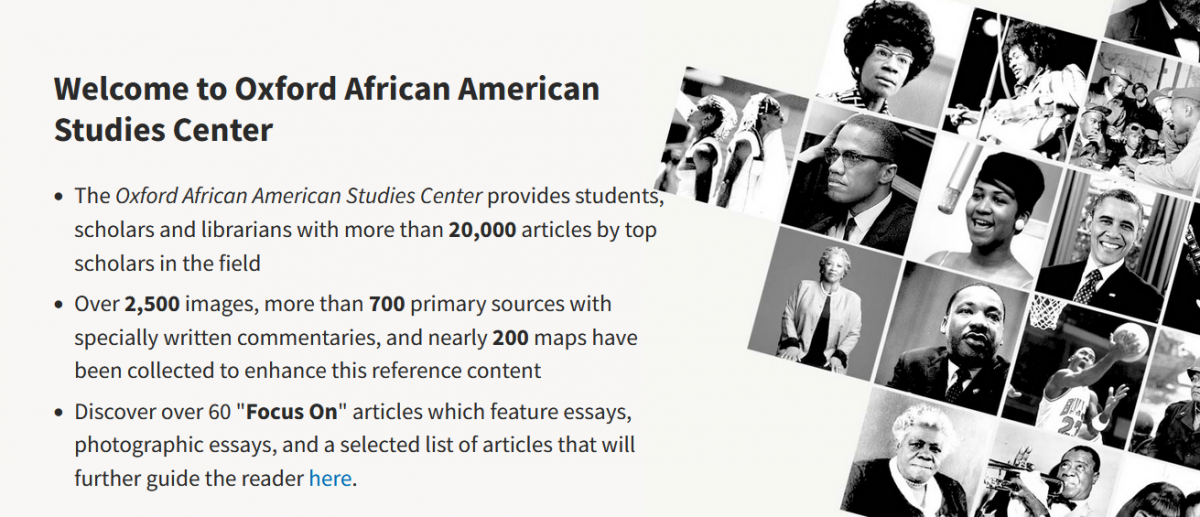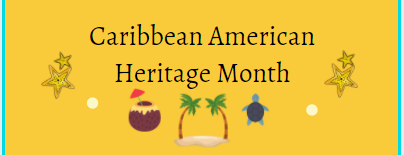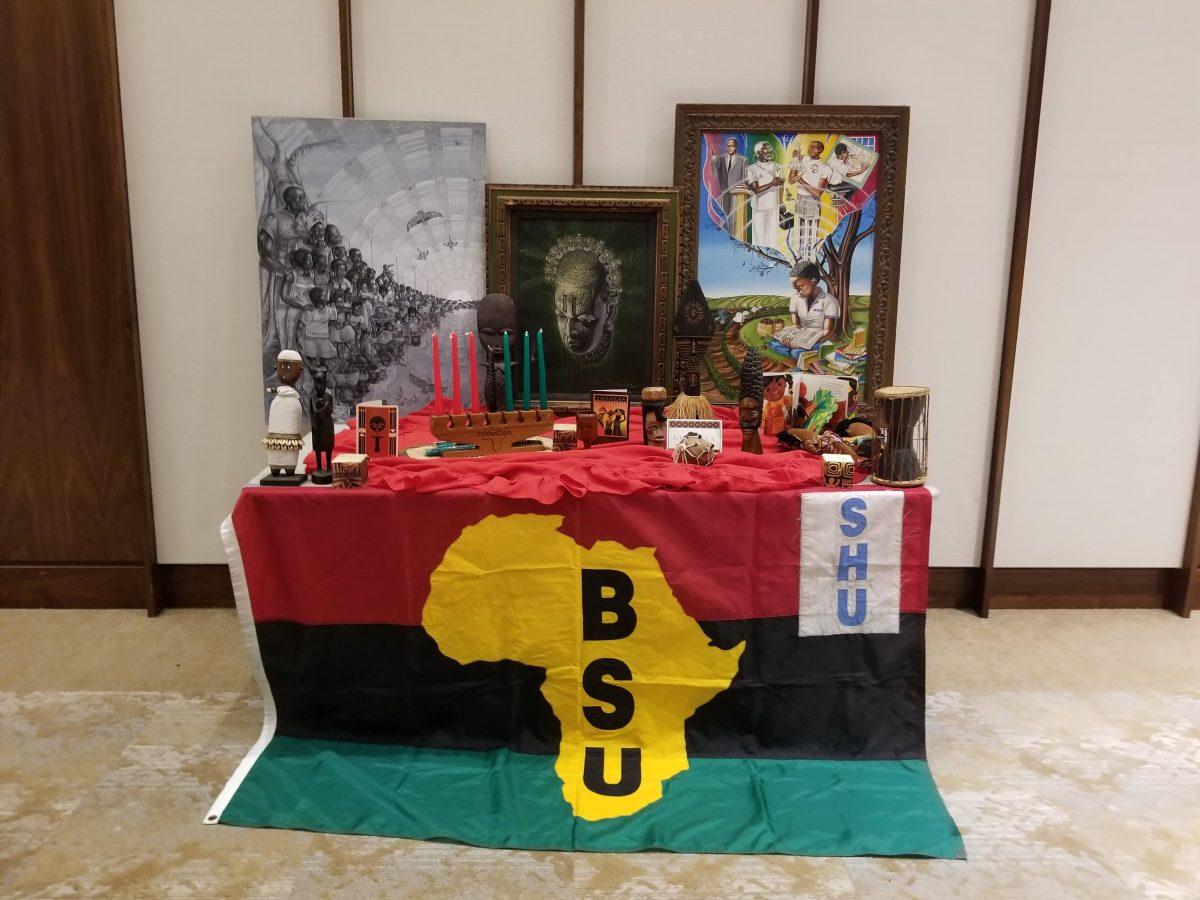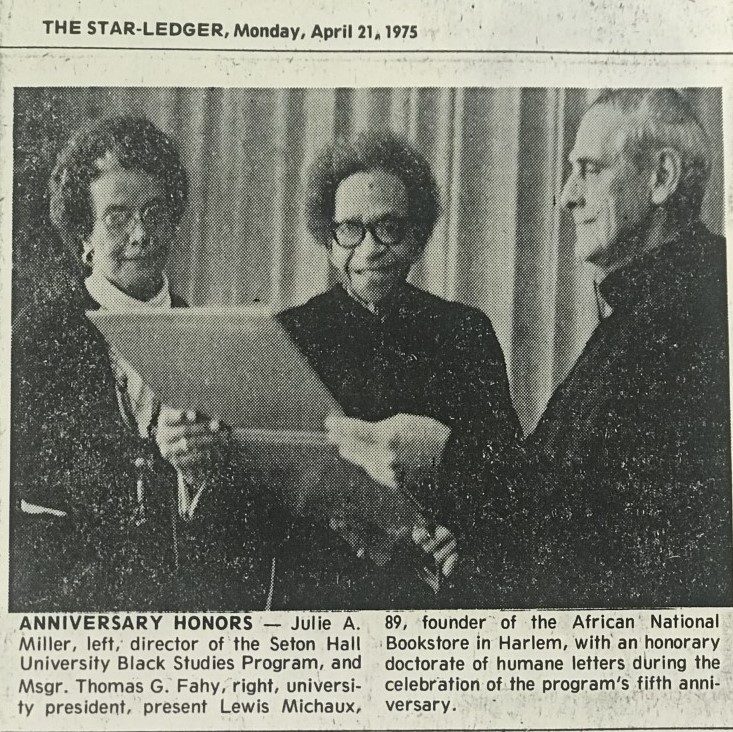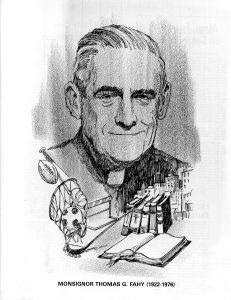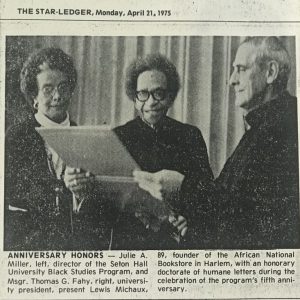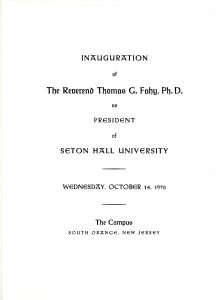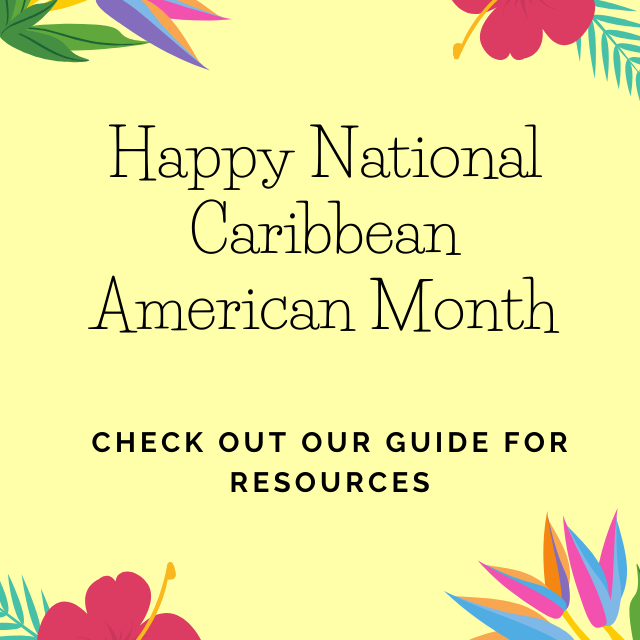The value of finding resources written by African American women, or titles that focus upon their countless accomplishments are an important part of our collection which is constantly expanding. These works represent all academic disciplines and provide a wide range of perspectives that enhance the research opportunities available for our students.
As a woman navigating the business landscape, Business Librarian, Professor Kayla Glynn, notes that, “A community that you connect with is an important resource in the path to success. Finding others going through the same experiences as you can be powerful. It presents an opportunity to learn, collaborate, and reflect.”
To that end, Professor Glynn has provided the following recommendations for resources women can utilize when entering the corporate world and related fields:
“In 2017, Women in Business was founded at Seton Hall University by a group of determined and hopeful young women. Since then, the organization has grown to include over 150 current and past members in professional fields.”
“In the Women in Economics Podcast Series from the St. Louis Fed, we highlight the research and careers of those making their marks in the field of economics.”
“Girls Who Invest (GWI) is a non-profit organization dedicated to transforming the investment management industry by attracting and advancing women investors, changemakers, and leaders.”
“The U.S. Department of Commerce, Minority Business Development Agency (MBDA) is the only federal agency solely dedicated to the growth and global competitiveness of minority business enterprises.”
“Our mission is to empower women to invest in themselves via entrepreneurship by providing necessary resources for women to successfully start, own, operate, & grow their businesses.”
“Founded in 1975, the National Association of Women Business Owners (NAWBO) is the unified voice of over 11.6 million women-owned businesses in the United States representing the fastest growing segment of the economy.”
Our Librarian Instruction Coordinator, Professor Maria Barca also noted that there are a number of thoughtful works that are recommended reads for those who want to explore various books representing the Liberal Arts.
Within the volume: “Poetry is Not a Luxury”, Sister Outsider, p. 37 (1984, 2007) by Audre Lorde https://setonhall.on.worldcat.org/oclc/773898749, Professor Barca provides a helpful quote that is at the heart of this text. “For women, then, poetry is not a luxury. It is a vital necessity of our existence,” that shows the necessity of verse when it comes to verse.

Another recommended example of insightful content highlighted by Professor Barca includes the bell hooks work that includes advice for those who seek to advance their respective research goals is: “To engage in dialogue is one of the simplest ways we can begin as teachers, scholars, and critical thinkers to cross boundaries, the barriers that may or may not be erected by race, gender, class, professional standing, and a host of other differences.” In “Building a Teaching Community”, Teaching to Transgress, p. 130 (1994, 2020) by bell hooks
https://setonhall.on.worldcat.org/oclc/30668295
Additional books recommended by Professor Barca include:
- How We Get Free: Black Feminism and the Combahee River Collective, edited and introduced by Keeanga-Yamahtta Taylor, 2017.
https://setonhall.on.worldcat.org/oclc/975027867
- Angela Davis: An Autobiographyby Angela Davis, 2021.
https://setonhall.on.worldcat.org/oclc/1292074729
As a compliment to the volumes provided by Professor Barca and Professor Glynn, a wide range of titles across all disciplines can be found via the following introductory selection of works on, or written by African American Women found within the University Libraries Catalog.
Need additional help through the University Libraries? You can book a research appointment here: Research Appointment Site.
